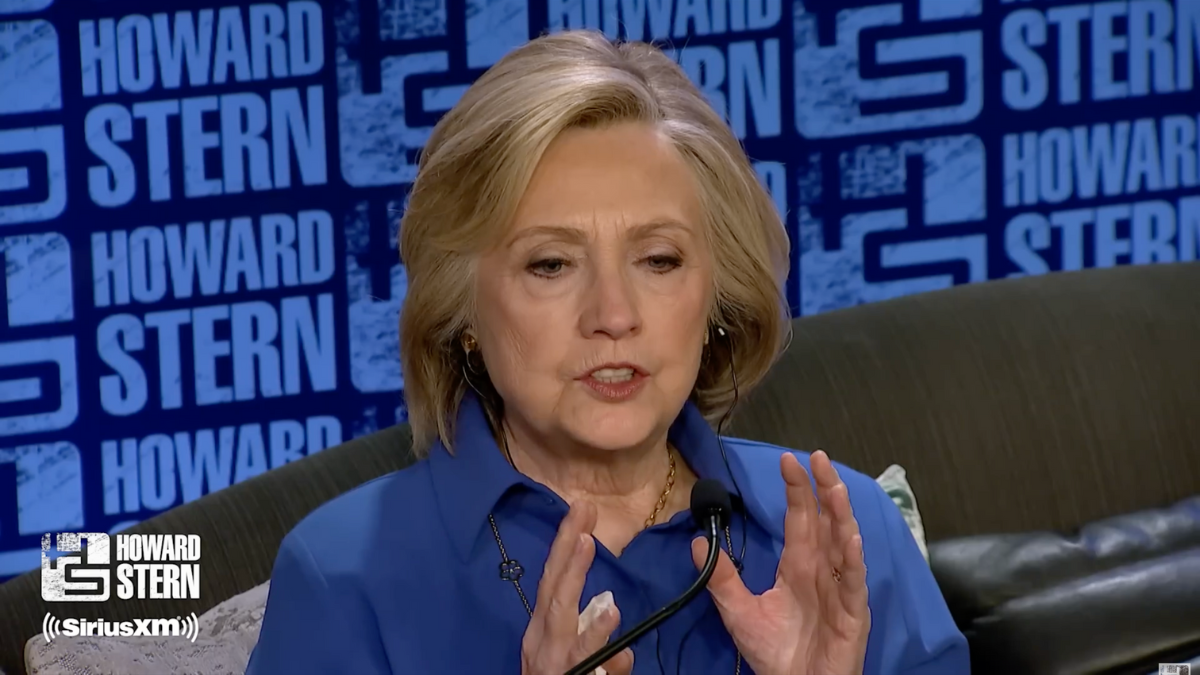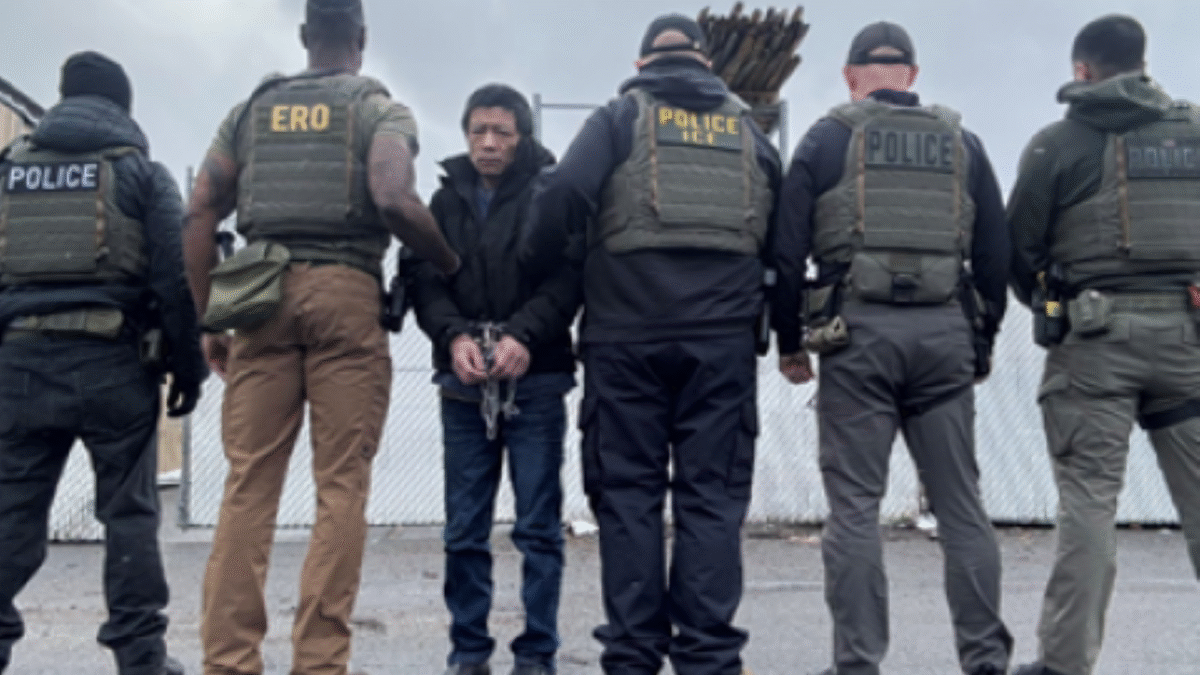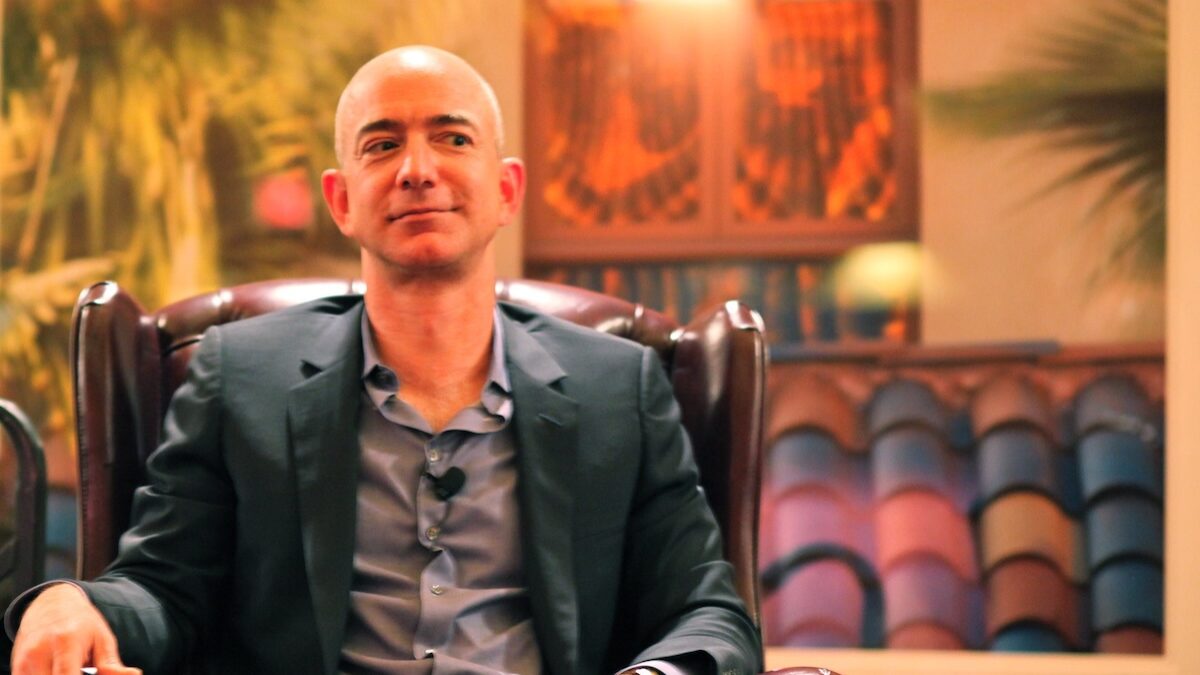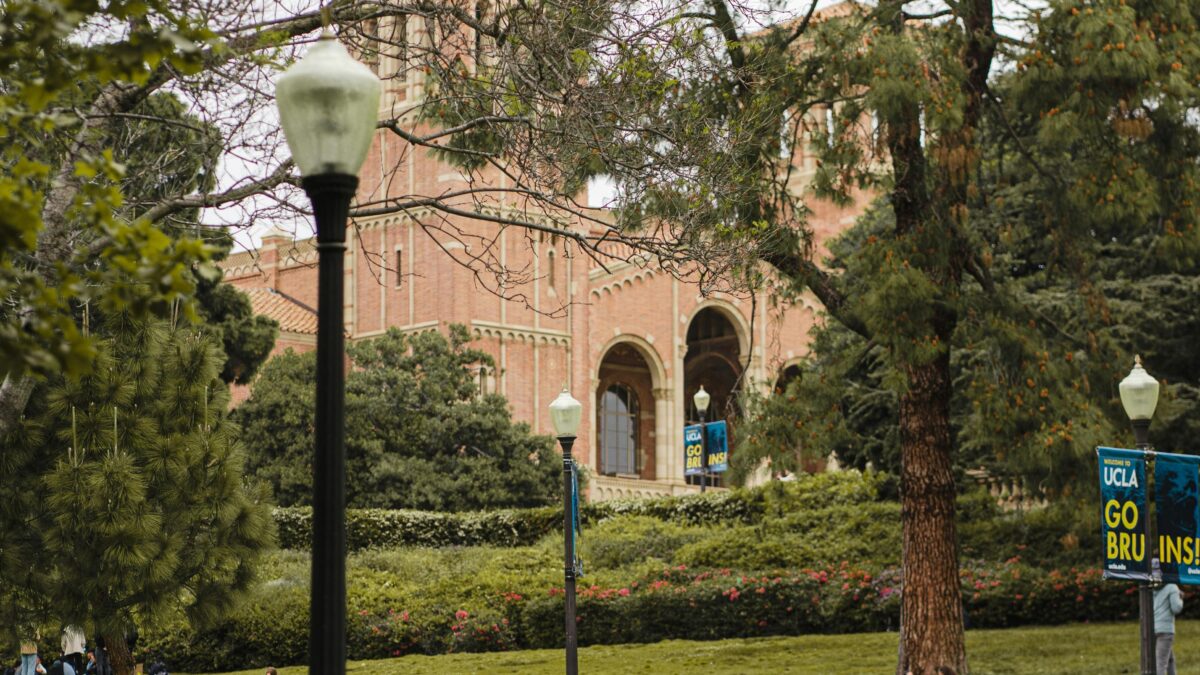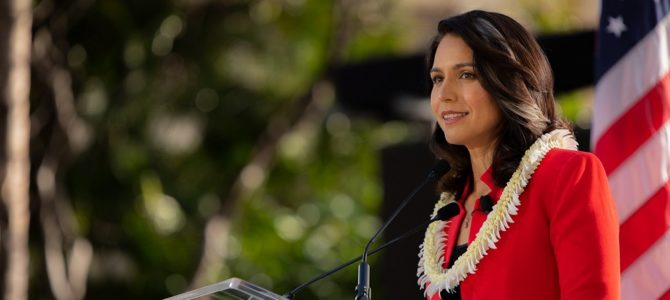
“We must redirect the arc of history away from war, and toward peace.” If one presidential candidate is clearly different, so different she’s despised by the mainstream media, it’s Tulsi Gabbard.
I’ve watched her interviews, videos, and speeches. I saw her speak in Philadelphia. I’m smitten, politically, which grates my libertarian bones, but here I am. There is a serenity in the way she speaks, the manner in which she walks a room, a stoicism that captures my attention. She doesn’t shout her speeches like she’s at a high school pep rally. She speaks in measured tones, like an adult.
In 2016, I wrote that Marco Rubio’s candidacy was important, in part, because of the way he talked about America. I felt a swell of patriotism. I felt exceptional. His oratory could drive me to get another American flag tattoo. But Tulsi Gabbard…
Tulsi reminds me of the ideal person to deliver that eulogy I’d hoped I would never have to hear, the one that comes back to me on those rainy, bourbon days. When she speaks about democracy, when she speaks of spirit and kindness and standing up for those you care about, when she delivers her message with the poise of a soldier and the heart of friend, I believe her. She is genuine.
I Can Respect Authenticity, Even If I Don’t Fully Agree
Now before you skip right to blasting me in the comments, pause. I don’t agree with her on many issues, particularly economic ones. When she says, “Aloha is the recognition that we are all children of God,” I seek refuge in the lashing wit of Christopher Hitchens.
I don’t agree that all our systems are designed to reward the powerful, but I do believe the powerful game those systems to their advantage. Those systems include the courts, large corporations, universities, and law firms that are so formidable the working class has no shot against them. We’re left to pout about our problems on social media and hope something we say is clever enough on a slow news day to gain some traction and win us a few crumbs before they shut the gates.
I believe however, we are all at fault for one thing: We don’t talk enough about the cost of what Tulsi calls regime-change wars––the real, complete cost. Sure, we contribute to wounded vets and shake our heads at the images of our dead being offloaded from the C-130s to the tarmac. We pretend to honor our veterans — quickly, though, because the game’s about to start — but we haven’t fixed the problems at the Veterans Health Administration. Although that news cycle has passed, our young men and women are still killing themselves daily, with a gunshot to the head or a slow descent into madness driven by booze and pills.
We raise our flags on Veteran’s Day and wear our “Never Forget” T-shirts on 9/11, even as our leaders pay trillions of our tax dollars to feed the leviathan that thrives on the drumbeats of war. The spending is rarely debated, and the War Powers Act is collecting dust on a staffer’s shelf, yet we’ll question the patriotism of fellow countrymen or accuse them of not caring about our troops or our safety, simply for wondering if the spending is excessive.
Hey, I’m all-in on roasting terrorists, but there’s a great big stinking pile of more that goes along with it. Most of us are too busy or too lazy to care. “I got my Netflix pants on, I’ll care tomorrow,” we think.
The Human Toll and the Financial Cost
Certainly, there are numerous writings and documentaries on the human toll of combat, but none on what war has gained for the players in our government: the lobbyists, the purveyors of combat mechanisms, the private death squads (commonly known as government contractors), and the members of Congress who saturate their rhetoric with the glory of victory over our manufactured enemies, then retire wealthy, if they retire at all.
What have we gained, in concrete terms, from Iraq, Libya, Afghanistan, Yemen, Syria, and now what next—Iran, North Korea, Venezuela? Let’s really tally the total tax money funneled to the military industrial complex. How many trillions is it? The numbers are too big, the deals too convoluted, for us to comprehend.
What do we have to show for it other than thousands of dead in the enemy camp? What is the life of an American teenager in camo worth these days? And how, in the unfathomable mystery of the infinite universe, do the purveyors of this hell look at themselves in the mirror?
In Keene, New Hampshire, Gabbard said, “It is because those of us who have seen the cost of war firsthand, it is because of those experiences, that we fight so hard for peace.” Yes, many brave young soldiers, sailors, airmen, and marines have fought valiantly and killed a lot of bad guys. They did the job we sent them to do, and they did it well. But why did we send them?
Let Gabbard speak. Let’s talk about it. That’s all I’m asking as a citizen. She needs to be in the debates.
Believe this: the media has already drawn their shortlist of candidates. You’ll see their poll numbers rise as they get more and more prime-time space. They’ve got the blue-red maps made and their rehashed arguments about what it takes to win Ohio and Florida. To steal a line from Aaron Sorkin, they have neither the time, nor the inclination, to deal with Gabbard. They tossed her a town hall and a few minutes with Stephen Colbert, but now they’re done.
The mainstream media attitude toward her is obvious. After her appearance on Colbert, Tim Black tweeted the following:

I’m not writing to defend Gabbard’s policy package. I’m writing to help people understand there’s a reason, perhaps several, that the mainstream media––the corporate media––does not like her, does not like her answers about Bashar Assad, does not like her unwillingness to repeat the words they want her to say, and they do not want to contend with her on that debate stage. They are riled by her calmness and fortitude. It fries their rears that they can’t rattle her.
Tulsi Gabbard is the only candidate who can look into the eyes of the debate moderators and say, “I was deployed. I’ve seen the human cost. I also work in Congress and I know what goes on in the hallways, in the quiet offices and at the high-end taverns across DC.”






